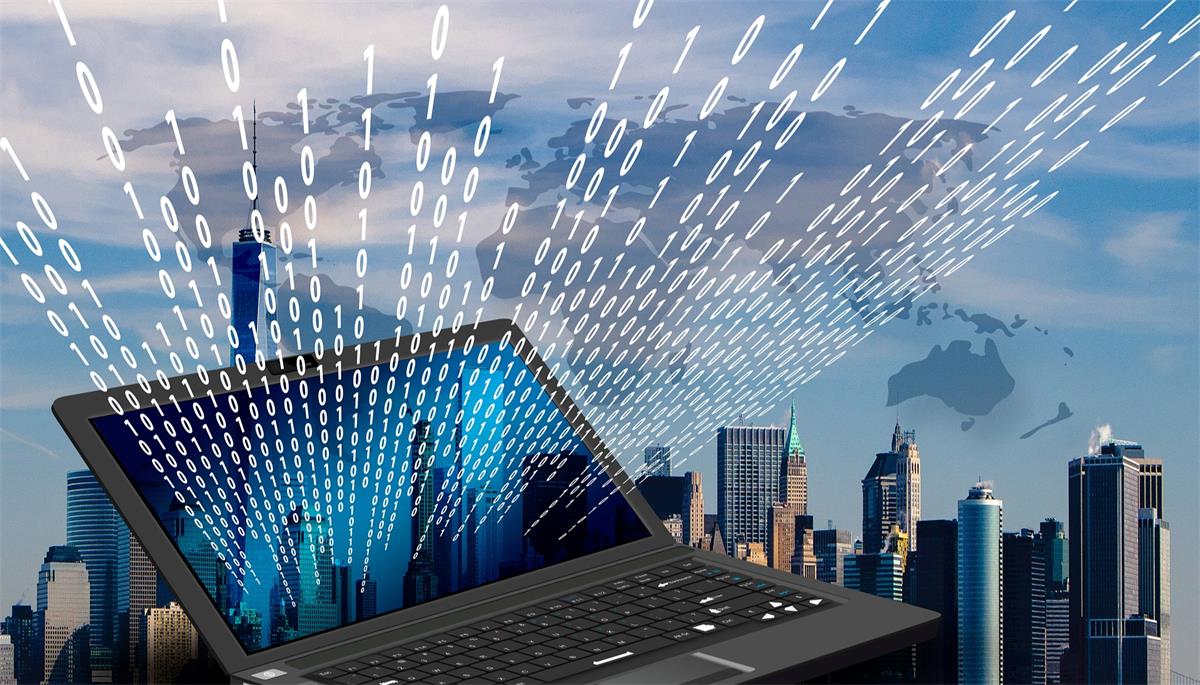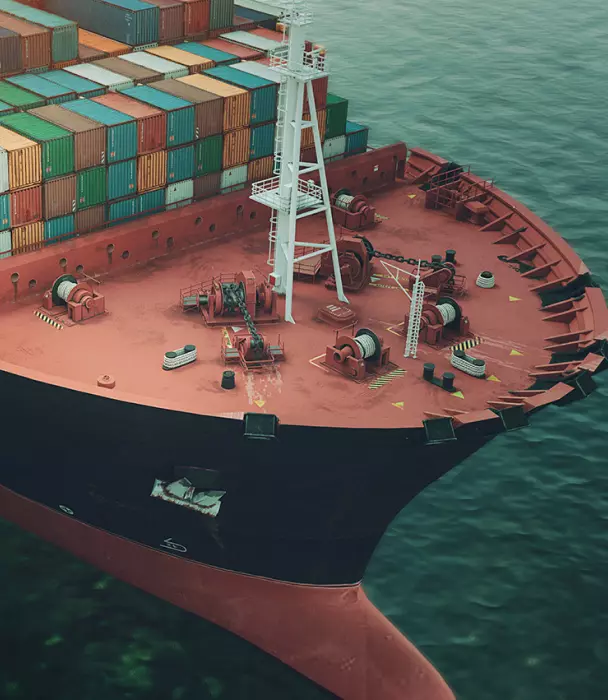The rise of e-commerce and technological advances, has been challenging traditional freight forwarders for a while now. Nowadays, the threat on freight forwarding agencies comes not only from the ocean carriers, but also from logistics startups, digital freight forwarders and new technologies. To stay in the game, they must improve their businesses through technology and automation.
The main challenges for the freight forwarding industry are integration of new technologies into traditional freight forwarding, and taking major steps toward a whole new world of future freight forwarding, which leans on new technologies not only in the Freight forwarding industry, but also with their partners- like ports, carriers, and customers.
The technologies that will further revolutionize the logistics industry, such as machine learning, artificial intelligence and the Internet of Things, rely on customer data analyses. This means that technical integrations are unavoidable. They (will) exist as a 2 way channel of information: one that contains all the customers related information that is needed to tailor the services, price and offers to them, and on the other way- the vendor related information, that will be used for the customer’s tailored offer.
Here are some of the different technologies and their use in Freight forwarding (and its partners):
Technical integrations
One of the huge advantages of technical integration is that it does not call for a substantial investment but an agile innovation that makes the entire operation efficient and smarter. A simple API connection can be in some cases a game changer and provide the extra added value a customer can be given.
Blockchain technology
The more we’re automating our systems, the more protection we need, and Blockchain is changing the face of security.
Artificial Intelligence and Machine learning
Both take part in robotic process automation. From chats in customer service, through active offerings based searches, and to autonomous machinery and inventory tools in warehouses and smart ports that enable predictive maintenance and birthing. robotic process automation is everywhere and in everything and taking a bigger and bigger part in operations of all kinds, allowing freight forwarders to use the data they hold to identify customer’s patterns and requirements, track real time performance, forecast business opportunities and tailor specific suit per customer, with ongoing actionable data to drive business decisions.
Internet of Things
The Internet of Things (IoT) is a network of physical devices, vehicles, buildings and other items embedded with electronics, sensors, software and connectivity which enables them to connect and exchange data with other devices and systems. This increased transparency allows better tracking by gaining real-time access to any transportation, container or physical element in the process, as well as better security with barcode integration, better control over sensitive cargo with sensors, and better maintenance that allows best utilization of assets and less cost.
Cloud based solutions
Cloud computing has become a vital part of the global economy, and it's not just for large companies. It's also a great way for small businesses to get more out of their data. Cloud computing companies can offer services that help store all this information and utilize it in new ways. Information about the customer’s budget, routes, partners as well the transit time, special conditions, specific terms, storage, limitations can improve efficiency and productivity of operations and easily create optimized products per customer. CRM systems that are cloud based are adopted by more and more industries.
What’s ahead?
We can expect to see more and more automatizations, more utilized data and more and faster changes. Digital forwarding will take a bigger part in the freight forwarding industry, and traditional freight forwarders will have to utilize more and more technological tools.
More processes will be automated, and customers' expectation will probably be aligned with the expectation from any other online businesses (that will continue to change as well)- to have all the information needed, updated, and actively served, all the time.
Over time, we can expect to see a shift in the way that many processes are done- with us (humans) verifying that they have been completed correctly instead of doing/updating them ourselves.
With big data utilization and improving technology, the only thing that remains is to dream how our ideal supply chain should look, and start adopting the tools to make it our reality.


